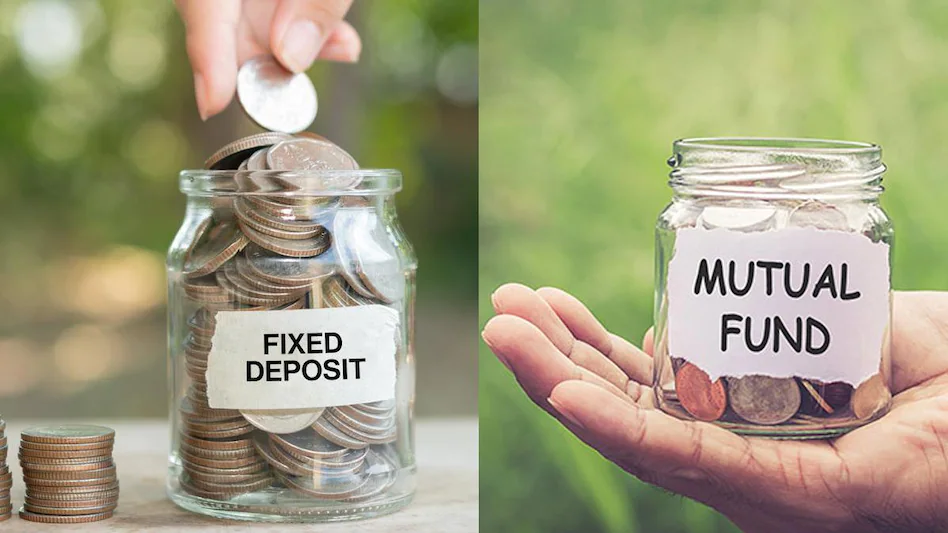3 things every senior citizen should know about debt funds, fixed deposits, and small savings deposits
- 1872 Views
- planetplair
- December 15, 2022
- Finance
Your risk appetite plays a vital role in your choice of investment. For instance, if you are a risk-averse investor, you may avoid aggressive options such as equities. But your risk appetite is never constant. When you are young, you have more time to grow your corpus; hence, you can afford more risk. But when you are retired, you will aim to protect your corpus as much as possible. Debt funds, fixed deposits, and small savings deposits are senior citizens’ three most popular options. Let us learn what they are and examine three things to know about them before you decide to put your money into them.
What is a debt fund?
A debt mutual fund is an investment vehicle that pools investor capital to purchase various debt assets, including treasury bills, corporate bonds, government securities (G-Secs), and other money market instruments of varying maturities. Below are three things to consider before investing in a debt fund.
- If interest rates rise, the NAV of a debt fund falls. However, interest rate fluctuations usually occur in cycles, with increasing rates followed by periods of lowering rates. Therefore, you can weather interest rate fluctuations if you have a long investing horizon.
- As an investor, it’s critical to realise that debt fund assets are classified based on credit ratings assigned by rating agencies, and you should choose funds based on that. For example, an AAA credit rating indicates lesser risk but greater quality, making it ideal if you are a risk-averse investor.
- The expense ratio is the total of all costs made throughout the operation of the debt fund plan. Because debt funds have lower return potential than equity mutual funds, the expense ratio is more important.
What is a fixed deposit?
Fixed deposits are an investment vehicle offered by banks and other financial organizations, including non-banking financial firms (NBFCs) and home financing businesses (HFCs). Under this arrangement, investors deposit a large amount over time and gain interest for the deposited amount until maturity. Below are a few things to consider before investing in a fixed deposit.
- Bank fixed deposits offer a guaranteed rate of return. You may pick from many interest rate choices, including quarterly, monthly, cumulative, and semi-annual, based on your needs.
- The minimum duration for starting an FD is seven days, and the maximum is ten years. Therefore, according to your needs, you may start an FD account for one year, two years, five years, or ten years. Once an investment has been made in an FD plan, the interest rate stays constant for the duration of the FD.
- A premature withdrawal occurs when an FD is cashed out before its maturity date. You must consider the fee your bank may impose for an early withdrawal.
What is a small savings scheme?
The government administers small savings instruments to encourage people of all ages to save consistently. Not only do they provide returns that are often higher than those of bank fixed deposits, but they also offer a greater degree of liquidity. Additionally, they have a sovereign guarantee and tax advantages. Below are three things to consider before you choose them.
- They are often fixed interest schemes that are not market-linked.
- Most of the small savings schemes lack proper online infrastructure.
- These investments are tailored for long-term investing.
Conclusion
The above pointers could be helpful if you are trying to choose between the three investment options. But at the same time, ensure you also consider your goals and risk appetite before making a choice.








